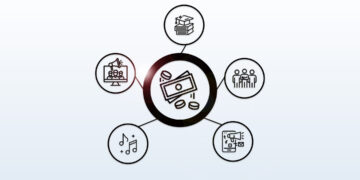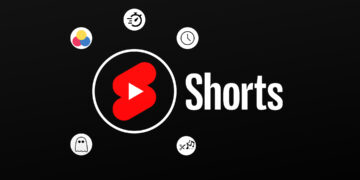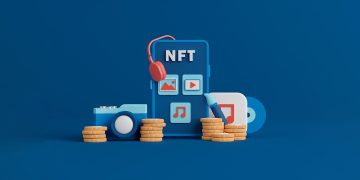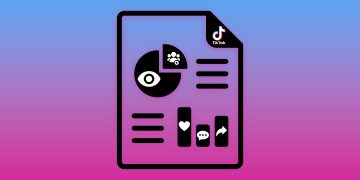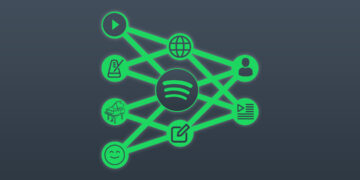Analyze your fanbase
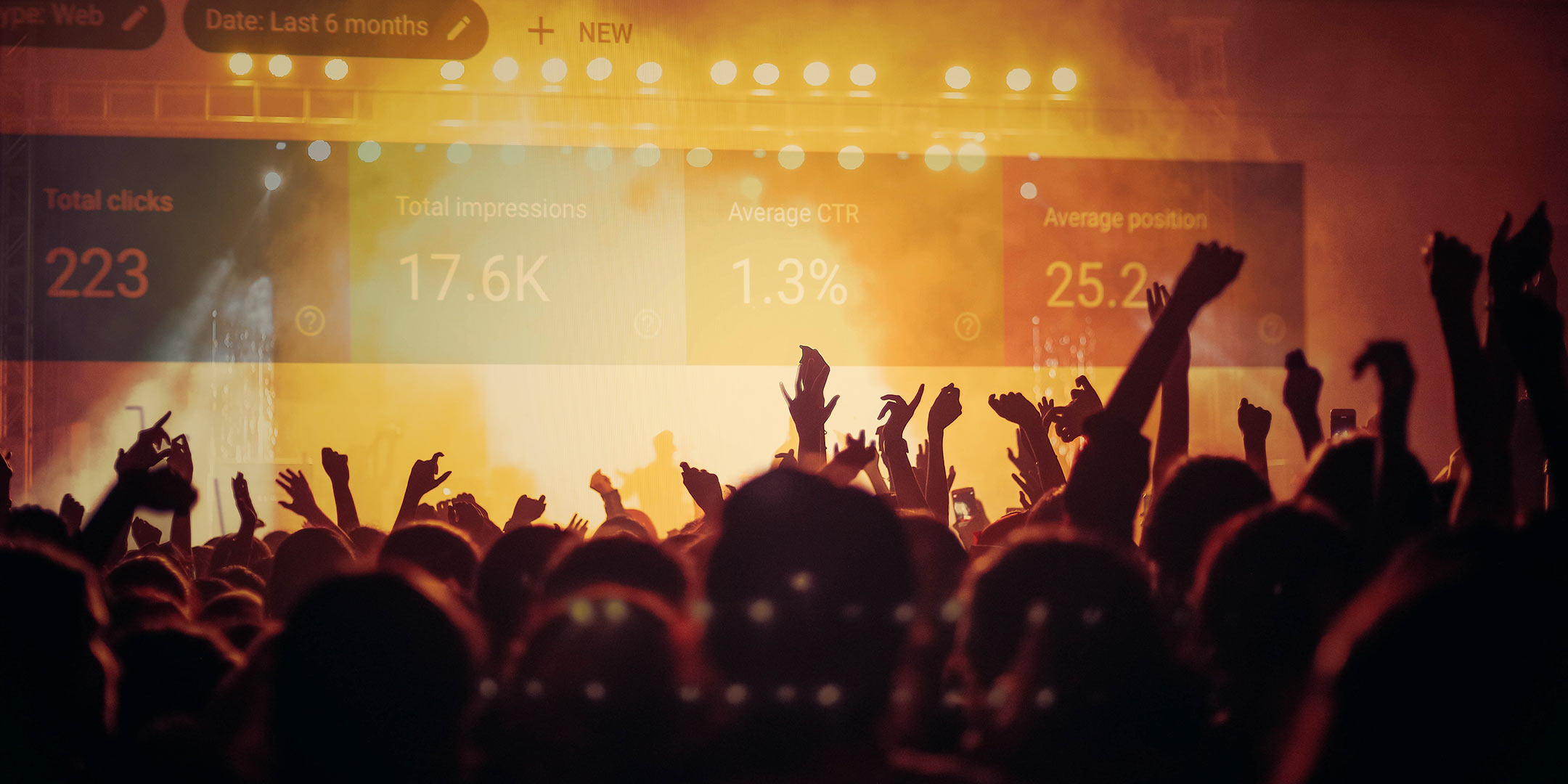
- Why you should find out more about your fanbase
- What tools you can use for it
- How to benefit from this information
Artists will often speak of their fans or their fanbase as if they were one homogenous group. But this only applies to the rarest cases, and the more fans you have, the less likely it does. Your fans differ in many aspects: age, gender, interests, income, buying behavior, place of origin, and so on. That’s why it’s well worth delving into this data and figuring out: Who even are my fans?
Targeted marketing
Of course, you would be doing this out of tangible self-interest, as well. Only if you actually know your fans will you also know what you can sell to them, which channels to use, and with which content you can do this. This way, you can put your marketing budget, which is always too small anyway, to much more targeted use than if you were working with wrong assumptions. But before you can start analyzing your fanbase, you have to first make a clear distinction between the real fans and the rest. Not every follower on social media or every listener on Spotify is automatically a fan (yet).
Fan data is only a few clicks away
While in the past, you could really only know very little about your fans, things have become much easier in the age of data capitalism. With manageable effort, you can actually find out quite a bit, ranging from demographic data (age, place of origin, gender, marital status, income, education, etc.) all the way to buying behavior and even more personal characteristics such as values, hobbies, and other interests. Once you have gathered the info, you can much better judge how you can reach these fans, even though, admittedly, you will have to work with certain stereotypes for specific population groups.
But how do you even get this info? Well, a good portion of it can be accessed anytime directly on your phone:
- The insights of your social media channels
- The insights of the DSPs (Spotify for Artists, Apple Music for Artists, etc.)
- The insights of your music distributor
- Google Analytics
- Pixel (Facebook, Twitter, TikTok)
- Other tools such as Chartmetric
Basically, every tool you use to make contact with your fans will tell you something about them. It can also be the program with which you send your newsletter, your website, or your webshop.
Just ask your fans
Using these tools, you obviously primarily get your fans’ demographic data. To find out a little more about their inner life and buying behavior, it’s well worth studying the comments under your posts and even taking a few notes, if necessary. To really dive in deep, we recommend selecting a specific group within your fanbase for a survey. Ideally, it would be coupled with a contest or giveaway, or you could even ask people one-on-one, which can be easily disguised as a meet & greet.
Data is better than just gut feeling
The more you discover about your fans, the more you know what content they want to see on social media, what merch products will land and at which price, where it would be worth playing live, and so on. The fanbase can thus be categorized in various subgroups that you can work using specific campaigns. If you want, you can even orient your music towards that. And even if the last point probably overshoots the mark, it is still worth it to analyze the data from time to time instead of relying solely on your gut feeling.


